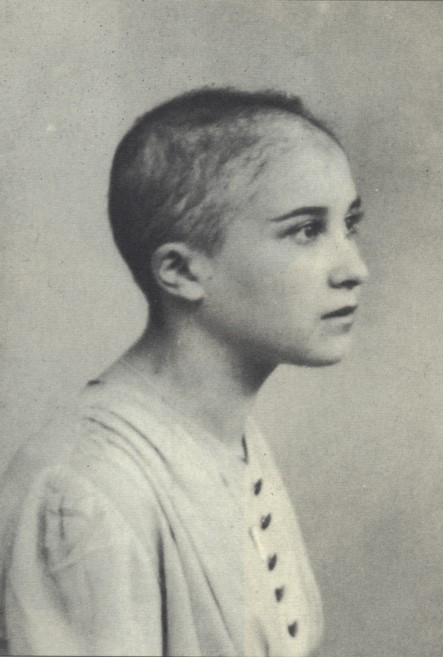|
|
 |
| onto sealed trains and shipped to an unknown
destination: we had been told that we were being reunited with our families and
I believed it. In the sealed car, which was lit only by a tiny skylight, we sat
piled on top of one another: more than sixty men, women, and children,
including many who were old and sick. It was impossible to stretch out a leg;
we had no choice but to sit cross-legged, but after a while our limbs were
numb. The morning of our departure all we had been given was a single piece of
bread for the whole trip. I was still clutching the provisions I had received
from my stepmother: maté, jam, honey, sugar; I wouldn't have traded them
for an empire. I was keeping them for Maman, who had already been gone so long;
she would certainly have need of them, and I naively believed that I was on my
way to her, as we had been told in Drancy. Throughout those three days and
nights of hell, I forgot the crowding, the constant noise and the suffocating
atmosphere; all I thought about was the moment of happiness when I would see my
mother again. Would she recognize me? I had changed so much! Sometimes, I
returned to earth, and faced hard reality: the toilet had overflowed and was
spreading a horrific smell. The air, already reeking, became unbreathable. At
Drancy, in the barracks, I had met a white-haired woman who had arrived with
her husband the same day as I. Seeing me all alone and so young, she had
spontaneously decided to look after me. We found ourselves side by side in the
same car. Near us were two other young girls who had been arrested in Brittany,
whom I immediately liked When we arrived in Birkenau on February 13th, in the
noise of the metal gates being removed when the train was opened with a rush of
shouts and screams in German, "Assemble at the head of the train faster,
faster!" I followed them, and the three of us ran together in the snow toward
the head of the train. I heard the white-haired woman calling, "Ida, wait for
me!" but I didn't wait. I continued running behind the other girls. The last
time I had seen my mother she had insisted on changing my hair comb. She had
swept my hair up, as was the style, which made me look like a young woman. I'm
sure that was why I escaped the first selection and why they put me on the work
detail. From that moment on began a struggle day after day to survive. |
|
|

|
|
|
|
|
| |
| |
| |
FRENCH
CHILDREN OF THE HOLOCAUST A memorial
Serge Klarsfeld
 |
Back |
Page 649 |
Forward |
 |
|
 |
|
|
| |
|
Last modified: March 9, 2008
Technical/administrative contact: webmaster@holocaust-history.org
|
|

